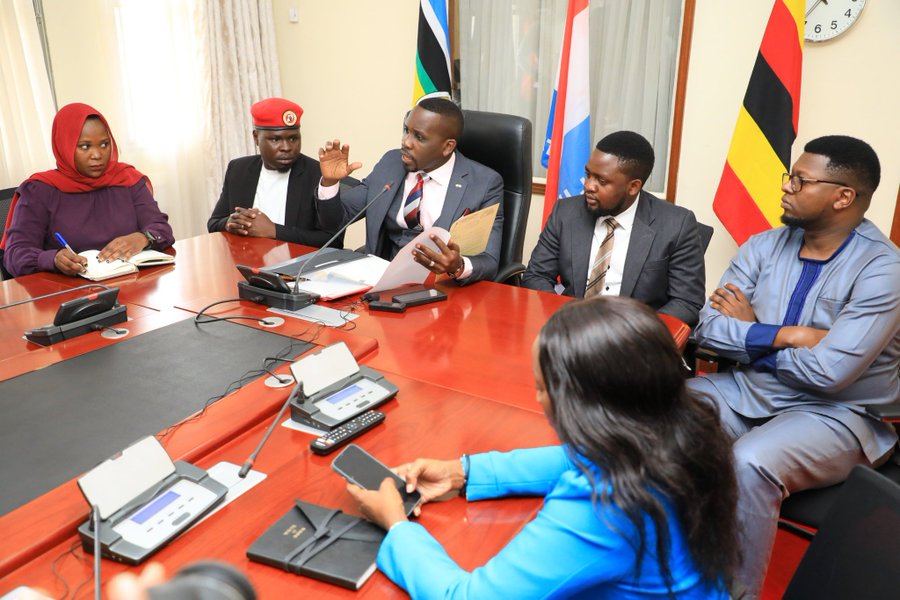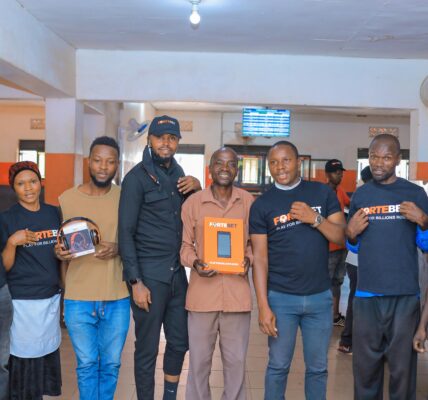Joel Ssenyonyi, the Opposition Leader in Uganda’s Parliament, has lodged formal requests with the nation’s key oversight and anti-corruption authorities to investigate serious allegations of corruption and misconduct within Parliament.
Ssenyonyi’s efforts to ensure full accountability have hit a stumbling block after revelations that he had claimed a per diem for a five-day trip to Nairobi, Kenya, totaling $4,250 (approximately Shs16.3 million), despite only being abroad for one day. If these claims are substantiated, Ssenyonyi could be facing the same scrutiny he is demanding of the parliamentary leadership currently under investigation.
Ssenyonyi announced on Thursday morning that he had written to the Inspector General of Government, Beti Kamya; the Director of Public Prosecutions, Jane Frances Abodo; the Auditor General’s Office, and the Financial Intelligence Authority on March 20. He referenced information that has been circulating on social media, which has subjected the parliamentary leadership to intense scrutiny over the last two weeks.
During a press conference in his office at the Parliamentary Buildings, Ssenyonyi stated that his letters are part of the ongoing efforts to ensure accountability for the billions of shillings spent.
He has called on the Speaker of Parliament, Anita Among; the Clerk to Parliament, Adolf Mwesige; and other parliamentary staff to address various issues related to their alleged involvement in financial misconduct. These issues include suspected embezzlement, misuse of parliamentary privileges, questionable service awards, and potential irregularities in staff recruitment.
Furthermore, he has requested clarification on whether a significant contract allegedly connected to the Speaker was awarded in compliance with public procurement regulations.
The allegations have been public for nearly a month after a civic group released several documents on social media under the hashtag #UgandaParliamentExhibition.
In his letter to the IGG, Ssenyonyi emphasized the gravity of these allegations and their potential impact on democracy and public welfare, calling for a thorough and impartial investigation as mandated by the Inspector General of Government Act.
On the same day, Beti Kamya announced her decision to withdraw from her previously stated intention to investigate corruption within Parliament, citing an ongoing audit by the Auditor General’s Office. Kamya confirmed receipt of Ssenyonyi’s letter, which had initially prompted her to consider an investigation. She explained the collaborative nature of such investigations and the protocol of allowing the Auditor General’s Office to take precedence, with her office intervening post-audit, while maintaining respect for Parliament and commitment to their investigative responsibilities.






